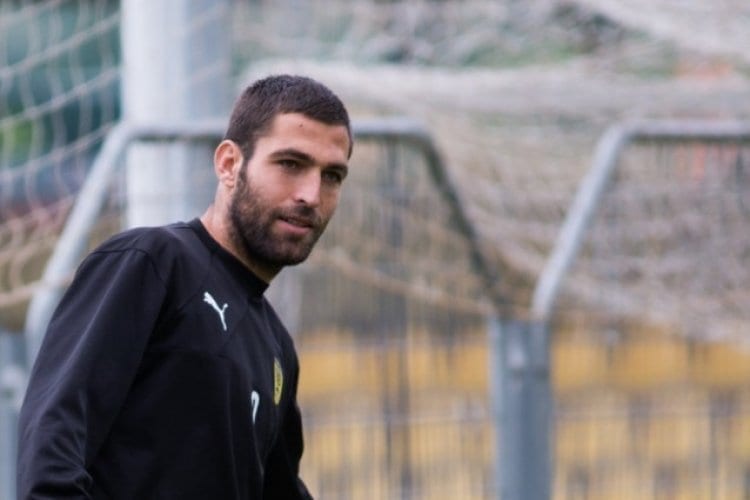The book Borchi Nafshi- “May my Soul Bless” has the following amazing story from a man who mailed it in to the writer:
“One Friday we were preparing to ride to Rechasim from Haifa where we live. At 12:00 noon we ordered a cab to come 4:00 pm to take us to our parents who were having us for Shabbat.”
“One of our neighbors found out that we were going away for the Shabbat and our house would be empty so she asked my wife if her relatives could use the apartment over Shabbat. My wife being very kind agreed to let them use the house. At 3:15 they confirmed that would be coming, 45 minutes before our taxi would pick us up. The only problem was that the house wasn’t in tip top shape and my wife is perfectionist. Leaving a house dirty is one thing but leaving it dirty for guests is another thing. Besides if my wife did that it would reflect poorly on her housekeeping skills so she got to work cleaning according to her really high standards.
Cleaning takes time, cleaning well like my wife does takes even more time and that was a commodity we were short on that Friday afternoon. I knew that if I said anything it would cause discord so I just kept it to myself. I said to myself I will not bother my wife at all, come what may.” 4:00 came and the taxi was already honking…it was really annoying but I bit my tongue and held back from saying anything. I went out to the cab and told him we’d have to give up on riding with him. I asked him how much the ride was supposed to cost and paid him. For him it was a win-win situation getting paid for a ride he didn’t do and being free to take someone else and earn even more.
At 4:20 the cleaning was done, we ordered the next cab and were off to our parents for Shabbat. That Shabbat I felt especially uplifted. I felt what the holy books write about, that when a person overcomes his natural tendencies he purifies his soul and rises to greater heights in his relationship with G-d.
I’d like to say the aftermath of that episode. Let’s start by saying that we didn’t have children for many years and we were surrounded by many young and fertile families who had many children, they should all be well. But it made the pain of our childlessness more intense. We came to a point that we didn’t know what to do. We waited for salvation and G-d orchestrated something that would facilitate our salvation.
A very short time after that Shabbat my wife found out she was expecting: we were ecstatic! I can’t point a finger and say this is because of that but I can relate the events as they happened. The first stage was I had a test and I overcame my natural tendency to get upset. Right after that the second stage came along where our salvation came and we would no longer be childless.”





